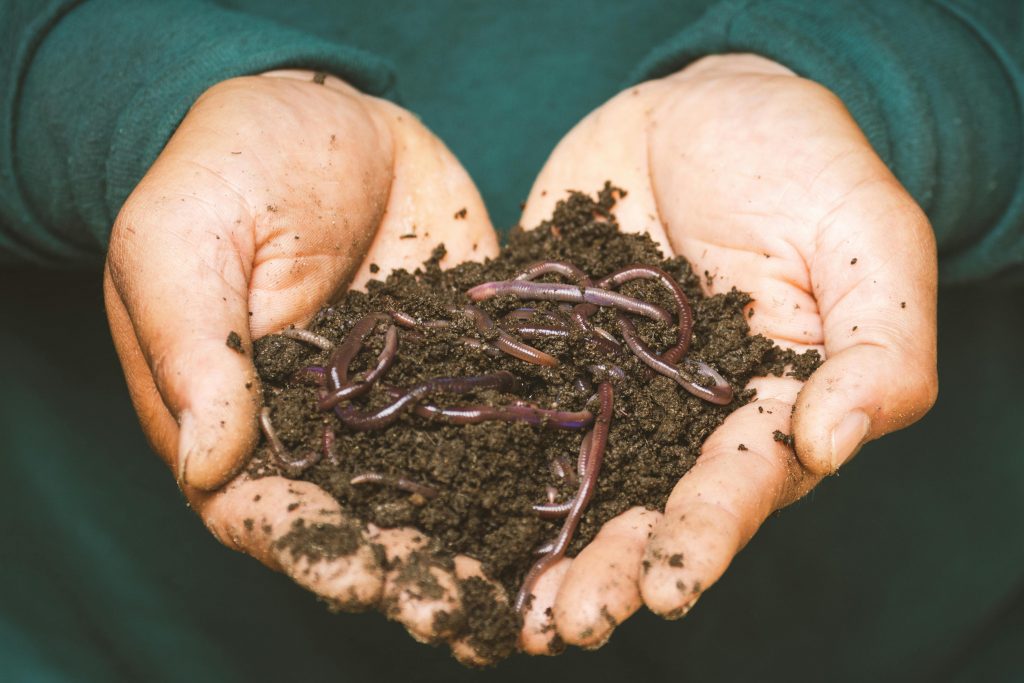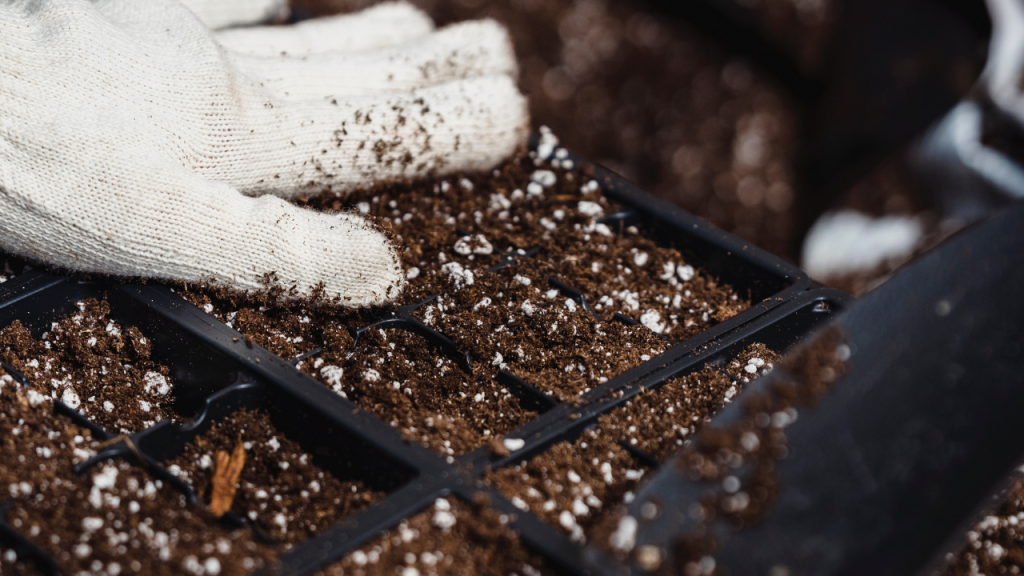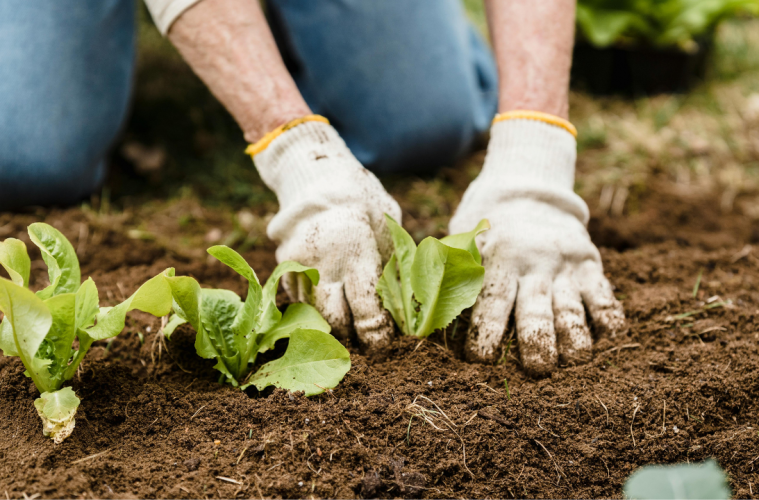Soil serves as the literal and biological foundation for every garden, providing crucial nutrients, structure, and moisture retention for optimal plant growth. A thriving garden is not just about the plants themselves, but also about the health of the soil they inhabit. In this article, we’ll explore practical ways for home gardeners to improve soil health, ensuring their plants flourish.
Organic matter
The quantity and quality of organic matter play a pivotal role in soil health. Comprising plant residues, microbes, and detritus, organic matter enhances water retention, soil structure, and nutrient availability. Sources such as compost, animal manure, crop residues, and cover crops contribute to the organic matter content in soil. Striking the right balance between brown and green organic matter is crucial, as improper ratios can temporarily deplete nitrogen. Adding organic matter, such as leaves, grass clippings, and kitchen compost, is a continuous process that promotes the formation of stable humus, providing long-term benefits.

Unsplash
Fertiliser
Understanding the nutrient needs of different plants and soil compositions is essential. Various plants utilize nutrients differently, and soil mineral compositions vary. Home gardeners can employ agricultural techniques like field rotation and fallow plots to address nutrient imbalances. Tailoring fertiliser choices to specific plant requirements is crucial. For example, turf fertilisers may contain less phosphorus for healthy grass growth, focusing more on potassium. Customising fertilisation strategies based on the unique needs of your garden ensures optimal plant nutrition and overall soil health.

Pexels
pH Management
Soil pH significantly impacts plant growth, with some crops thriving in more acidic conditions. Altering pH levels can be achieved through lime to raise and sulfur to lower acidity. However, the amount and time required for noticeable changes can be surprising. To better understand pH managment for various gardens, check out this article on crop nutrition and pH management by Mosaic.
Raised beds
In certain scenarios, modifying soil composition may be impractical due to challenges such as heavy clay soils or thin, rocky soil layers. Raised beds present an effective solution, especially in areas where incorporating organic matter or altering soil composition is challenging. These beds offer improved drainage and aeration, making them a practical choice for overcoming soil limitations.
ALSO SEE:
Feature image: Pexels
A version of this article was published in the Garden&Home November 2023 print edition.

